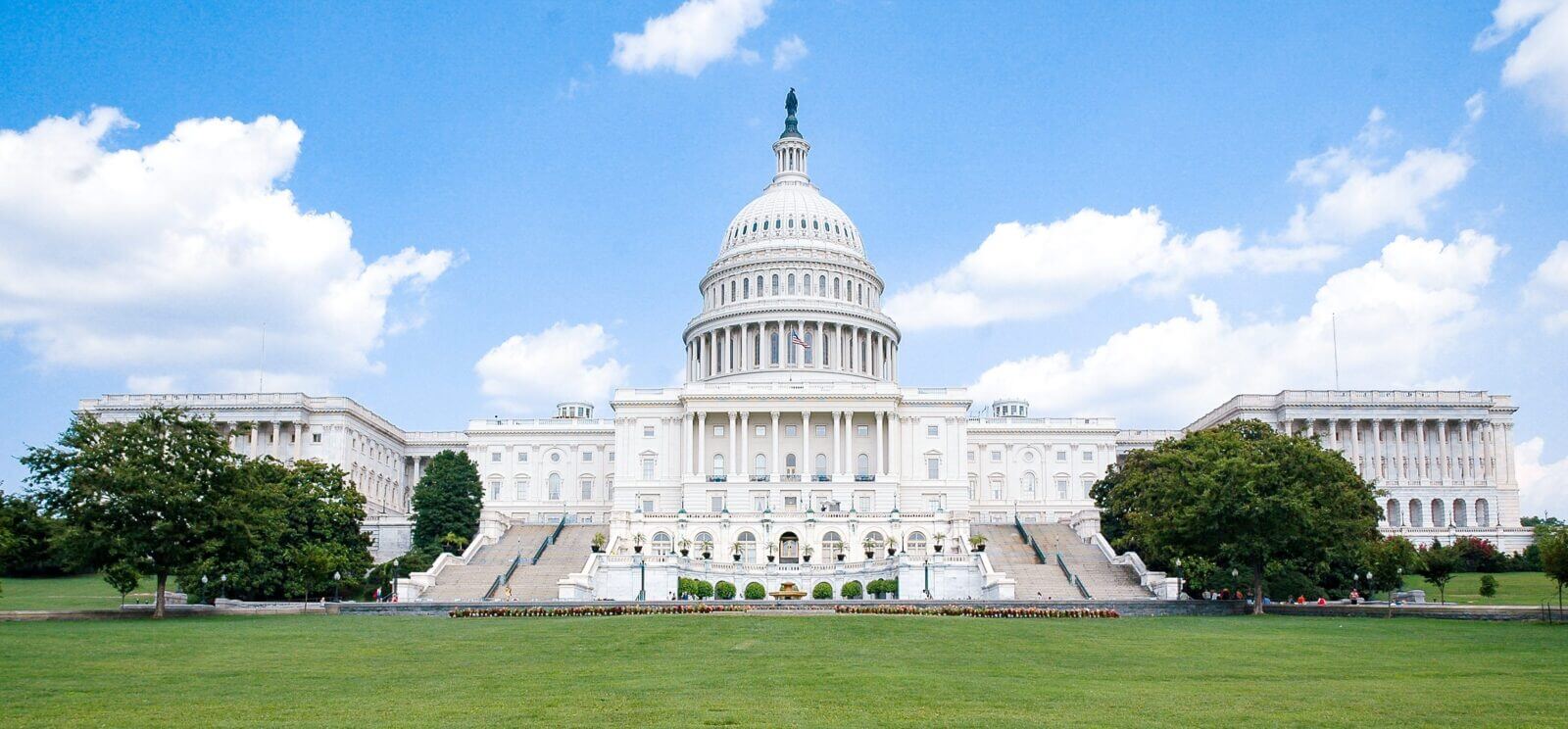After almost a decade of negotiations, the Regional Comprehensive Economic Partnership (RCEP) Agreement was signed on 15 November 2020 by 10 ASEAN member states, along with Australia, China, Japan, New Zealand and South Korea.
Washington legislators may introduce a digital advertising tax bill in the state’s upcoming legislative session. H-0028.1 (advance copy; not yet introduced). Currently, digital advertising services are not subject to Washington sales tax.
Detailed procedures for the issuing of licenses will be included in the regulations; it is expected there will be aggressive new timelines for the Ministry and other stakeholders to adhere to when processing and approving applications. Crucially, the New Law continues to grant the holder of an Exploration License the exclusive right to obtain a Utilization/Exploitation License for the relevant License Site.
Recently, the European Commission wrote a letter to the Chairs of ESMA, EBA and EIOPA on timing for implementation of the EU Sustainable Finance Disclosure Regulation (“SFDR”). We would like to clarify below the situations in which this is likely to be an issue, and explain how this may also affect Swiss firms.
Some two years since its establishment in 2018 and just months after the issue of its license in January this year, Securities Clearing Center Company (“Muqassa”) announced the commencement of its operations on 30 August 2020.
The Australian Government has proposed welcome changes to the R&D tax incentive with effect from 1 July 2021, although without entirely retreating from its hotly debated proposed reforms.
On October 5, 2020, the Office of the United States Trade Representative (USTR) published in the Federal Register a notice that announces the USTR’s determination to extend certain exclusions from October 2, 2020, through December 31, 2020 for products from China on Tranche/List 1 ($34 Bn.).
The Ministry of Commerce and Investment in Saudi Arabia (“MoCI”) adopted the Implementing Regulations of the E-commerce Law, with immediate effect on 31 January 2020, to accompany the recent shift towards electronic transactions that commerce is experiencing globally which helps achieve the strategic objectives of Vision 2030.
On September 24, 2020, the US Treasury Department’s Office of Foreign Assets Control (“OFAC”) published a Final Rule in the Federal Register that amended the Cuban Assets Control Regulations (“CACR”) to further implement the President’s foreign policy to deny the Cuban regime sources of revenue.
On October 5, 2020, the Centers for Disease Control and Prevention (CDC) published in the Federal Register a notice that announces a third modification and extension of the No Sail Order and Other Measures Related to Operations that was issued on July 16, 2020. The Order applies to cruise ships defined as commercial, non-cargo, passenger-carrying vessels with the capacity to carry 250 or more individuals (passengers and crew) and with an itinerary anticipating an overnight stay onboard or a 24- hour stay onboard for either passengers or crew, that are operating in international, interstate, or intrastate waterways, subject to the jurisdiction of the United States.











